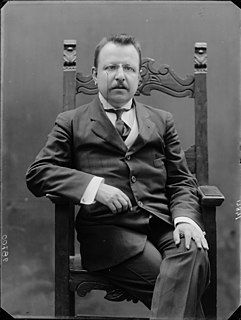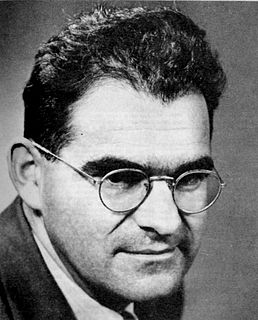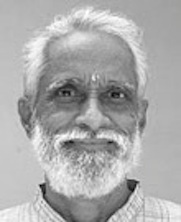A Quote by Michel de Montaigne
Judgement can do without knowledge: but not knowledge without judgement.
Related Quotes
Knowledge signifies things known. Where there are no things known, there is no knowledge. Where there are no things to be known, there can be no knowledge. We have observed that every science, that is, every branch of knowledge, is compounded of certain facts, of which our sensations furnish the evidence. Where no such evidence is supplied, we are without data; we are without first premises; and when, without these, we attempt to build up a science, we do as those who raise edifices without foundations. And what do such builders construct? Castles in the air.
The Christian religion, [Pascal] claims, teaches two truths: that there is a God who men are capable of knowing, and that there is an element of corruption in men that renders them unworthy of God. Knowledge of God without knowledge of man's wretchedness begets pride, and knowledge of man's wretchedness without knowledge of God begets despair, but knowledge of Jesus Christ furnishes man knowledge of both simultaneously.
Without a complex knowledge of one's place and without the faithfulness to one's place on which such knowledge depends, it is inevitable that the place will be used carelessly, and eventually destroyed. Without such knowledge and faithfulness, moreover, the culture of a country will be superficial and decorative, functional only insofar as it may be a symbol of prestige, the affectation of an elite or "in" group.
Hire and promote first on the basis of integrity; second, motivation; third, capacity; fourth, understanding; fifth, knowledge; and last and least, experience. Without integrity, motivation is dangerous; without motivation, capacity is impotent; without capacity, understanding is limited; without understanding, knowledge is meaningless; without knowledge, experience is blind. Experience is easy to provide and quickly put to good use by people with all the other qualities.









































